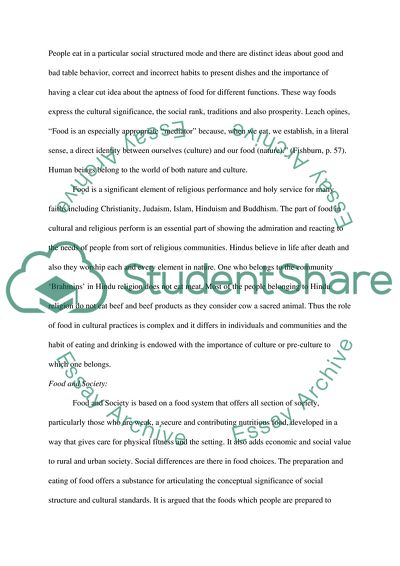Cite this document
(Food and Culture Interrelation Report Example | Topics and Well Written Essays - 1500 words, n.d.)
Food and Culture Interrelation Report Example | Topics and Well Written Essays - 1500 words. https://studentshare.org/culture/1556039-food-and-culcture
Food and Culture Interrelation Report Example | Topics and Well Written Essays - 1500 words. https://studentshare.org/culture/1556039-food-and-culcture
(Food and Culture Interrelation Report Example | Topics and Well Written Essays - 1500 Words)
Food and Culture Interrelation Report Example | Topics and Well Written Essays - 1500 Words. https://studentshare.org/culture/1556039-food-and-culcture.
Food and Culture Interrelation Report Example | Topics and Well Written Essays - 1500 Words. https://studentshare.org/culture/1556039-food-and-culcture.
“Food and Culture Interrelation Report Example | Topics and Well Written Essays - 1500 Words”. https://studentshare.org/culture/1556039-food-and-culcture.


